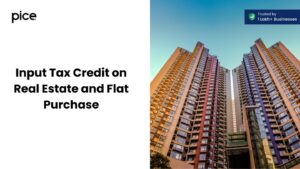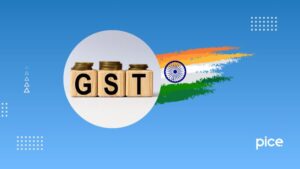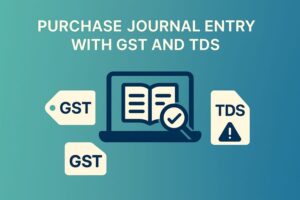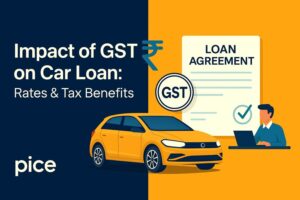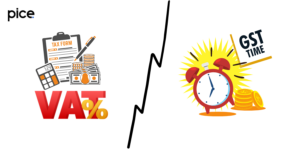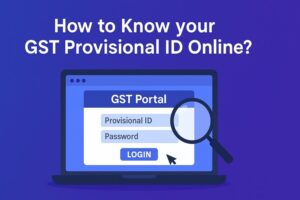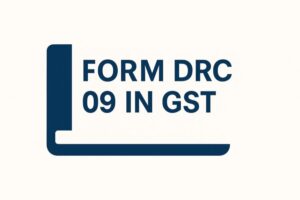How to Avoid GST on Flat Purchases?
- 18 Dec 24
- 8 mins
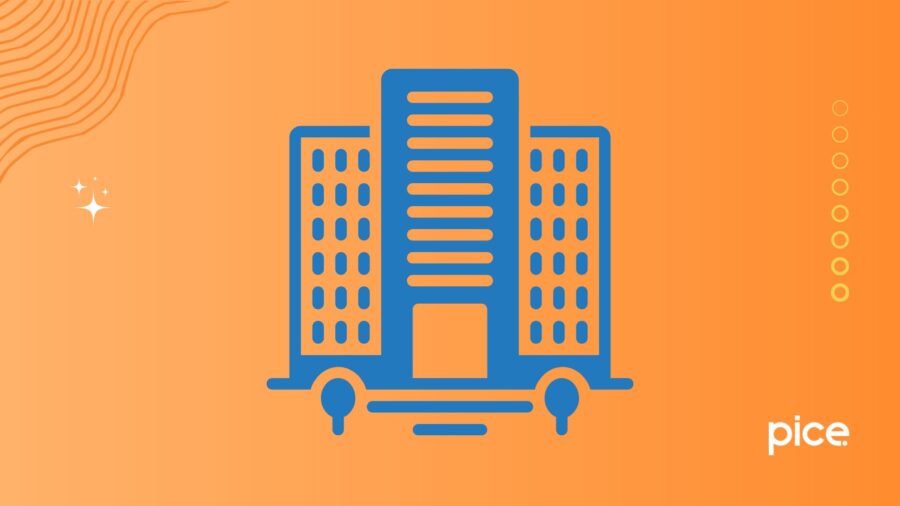
How to Avoid GST on Flat Purchases?
Key Takeaways
- Ready-to-move-in and resale properties are GST-free options for homebuyers.
- Affordable housing attracts just 1% GST, reducing tax burdens significantly.
- Government schemes like PMAY offer subsidized GST and credit-linked benefits.
- Transitional credit offsets GST if prior taxes were paid under the old regime.
- Consult experts for tailored strategies to minimize GST on flat purchases.
The taxation norms have undergone major changes since introducing the Goods and Services Tax (GST). Consequently, we have noticed the influence of GST on the real estate sector as well. As a result, new homebuyers have started exploring legal ways on how to avoid GST on flat purchases.
The current GST rate on an under-construction property is 18%. However, if a person opts for an affordable housing option, they only have to pay 1% GST instead of the standard tax rate. Similarly, there are multiple other ways to reduce or entirely eliminate the burden of GST on buying a home for yourself or your family. To learn more, continue reading.
Ways to Avoid GST on Flat Purchases
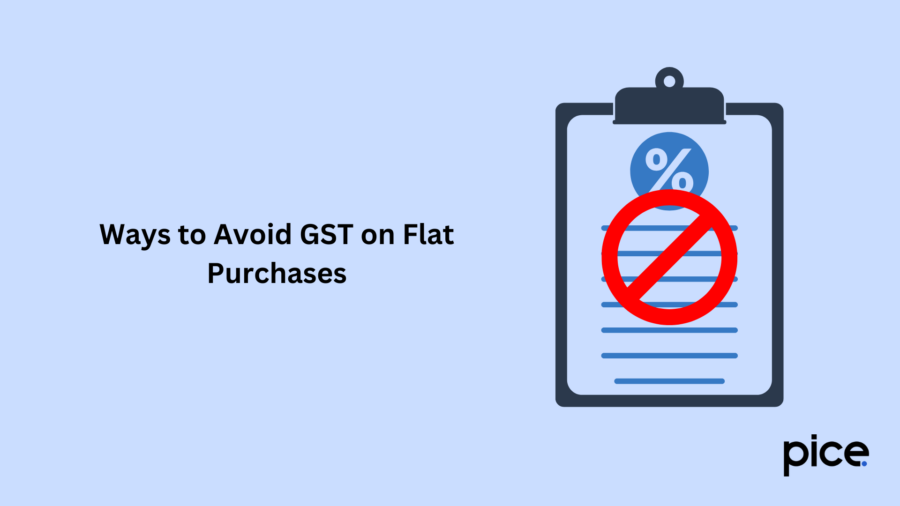
Here are some strategies to reduce or avoid GST on flat purchases. Take a look:
Choose a Ready-to-move-in Property
It is one of the most commonly used strategies to avoid GST implications when buying a flat. Properties that were occupied or received a completion certificate before GST came into existence are outside the GST realm. Therefore, if you decide to purchase such houses or apartments, you do not need to worry about GST liabilities.
Buying Resale Homes or Used Real Estate
If a previously sold house or apartment only requires a transfer of ownership, the new owner is not subject to GST. Thus, you can find a prospective home in the resale market to take advantage of this condition.
However, prior to making a final decision, be sure to conduct thorough due diligence to verify that the house complies with all legal requirements. Additionally, you must check the property's overall condition, ensuring that the previous owner has no outstanding loans attached to it.
How to Avoid GST on Flat Purchases by Choosing Affordable Housing?
As per GST regulations, affordable housing projects attract a subsidised GST charge of 1%. This is a special initiative to ensure accommodation needs for all in society who belong to financially weaker backgrounds.
Therefore, affordable real estate projects that meet the prerequisite standards, like maximum cost and maximum carpet area limitations, can be purchased by people looking to avoid higher GST rates.
Otherwise, you may consider purchasing fully completed flats as an alternative measure to save on GST payments. The primary idea should be to search for opportunities where a realtor is trying to sell built-out flats individually rather than an entire project. Under such scenarios, GST rates do not apply to fully furnished buildings.
Here's what else you can do to avoid GST on flat purchases:
Buy From Individual Sellers
Sometimes, people looking to buy flats can purchase a property directly from its owner. These sellers, not being registered under the GST law, cannot charge GST on a flat purchase. So, while following this tactic, you approach sellers who previously owned the flat for renting purposes or self-use.
Although it is one of the best ways to follow if you are unsure about how to avoid GST on flat purchases, you must carefully examine all documentation aspects before buying. Remember, there won't be a registered seller involved to handle these responsibilities on your behalf.
Consult Legal and Financial Experts
While understanding the implications of GST on purchasing a flat, it is advisable to consult with financial and legal professionals such as Chartered Accountants and real estate lawyers specialising in GST law.
This proves vital, as these experts dedicate substantial time to reviewing related agreements, offering valuable advice and guaranteeing their clients' compliance with all legal obligations in a real estate transaction. It allows you to look for potential home-buying options while mitigating the effects of GST.
Analyse the Cost-Benefit Analysis
Finally, you should do an in-depth cost-benefit analysis before buying a flat to realise the bigger picture financially. In this practice, consider taking into account the property’s sale value, applicable GST rates, projected tax benefits and additional miscellaneous property costs. Accurately assessing these factors can determine whether the potential benefits of property ownership can exceed the overall GST impact.
Ways to Get Reduced GST Rates on Purchasing Under-Construction Property
Figuring out how you can avail reduced rates on under-construction projects can definitely help save money at the time of the next flat purchase. Here’s how to execute it:
- Complete a Secondary Market Purchase
A great way to protect yourself from paying GST is by buying unfinished projects from the secondary market. It is a solid strategy as here the property reseller has already paid out the applicable GST to the property developer.
Hence, while repurchasing a flat you can save yourself from extra tax liabilities. Other advantages of owning a resale property include a shorter transfer period, potential price negotiations and ready accessibility to fully constructed flats.
- Rely on Cooperative Development Agreements
In specific situations, Indian property owners and developers can agree to sign a joint contract. These agreements enable developers to acquire partial ownership of the projected property as fair compensation for undertaking the construction of the project.
Real estate developers who fall under this category, carefully structure flats in a way that legally reduces the overall GST liability of each homebuyer. Nonetheless, these projects can occasionally attract several issues. Thus, if you are interested in buying flats from these developers, ensure to carefully go through the agreement and GST implications before purchasing.
- Obtain Low-Income Housing Benefits
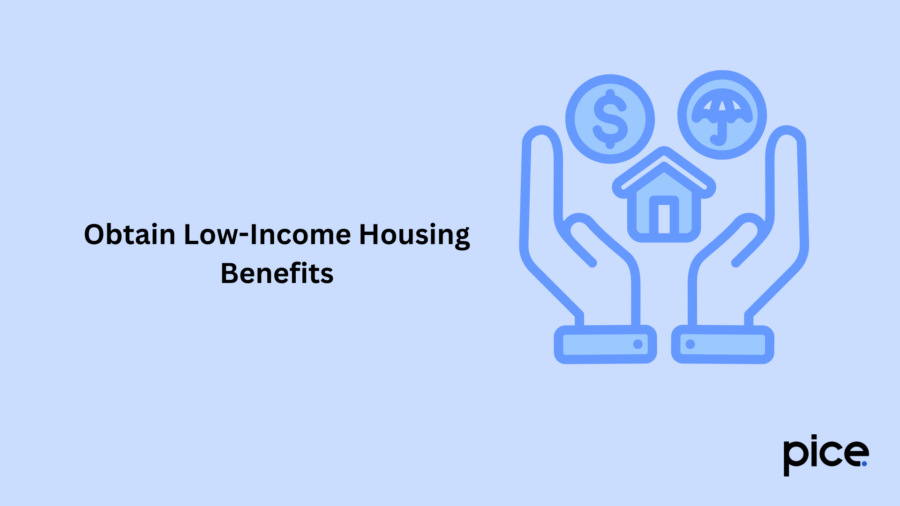
Indian residents can now access various government schemes like the Pradhan Mantri Awas Yojana (PMAY) to obtain affordable housing properties. As per the latest GST provisions, the tax rate on property prices of these projects is 1%, while non-affordable apartments, flats and bungalows are subject to a 5% GST.
However, property buyers must qualify for the related schemes first to access low-income housing benefits. The eligible candidates can additionally avail credit-linked subsidies besides the GST benefits on purchasing an affordable housing estate.
- Claim Transitional Credit
If you bought a house before GST was introduced and paid indirect taxes like VAT, service tax, etc., you may be eligible for compensation when purchasing a new house. The Indian Government grants these homebuyers certain tax relaxations by making them eligible for transitional credit against the taxes previously paid under the old taxation system.
Once a homebuyer submits a valid transitional credit claim, their previously paid tax amounts are adjusted against the total GST due on the purchase of a new flat. Thus, it is an effective method to consider if you are searching for legitimate ways how to avoid GST on flat purchases.
Additional Considerations to Incur Only 1% GST on Flat Purchases
If you want to be eligible for a mere 1% GST rate on purchasing a flat, your developer must ensure that at least 80% of the materials used in the apartment's construction are procured from government-registered dealers. Otherwise, you will have to pay an 18% real estate tax rate to the developer.
A real estate developer charging 1% GST on affordable dwellings cannot claim Input Tax Credit (ITC) on such transactions. Thus, the applicable GST that must be paid by a prospective owner cannot be subtracted from your annual income. As a result, you will not be entitled to any further tax breaks on your income.
Conclusion
Current government regulations provide several legally permissible methods for homebuyers to minimise GST levies on flat purchases. Some of these avenues are available to all, while others necessitate specific eligibility criteria.
Therefore, you should develop a clear idea regarding all these methods to save the most while you proceed to purchase your next flat. Lastly, you can consult with property experts online on how to avoid GST on flat purchases. They offer tailored solutions after assessing your financial objectives and needs.
💡If you want to streamline your payment and make GST payments, consider using the PICE App. Explore the PICE App today and take your business to new heights.
 By
By 







